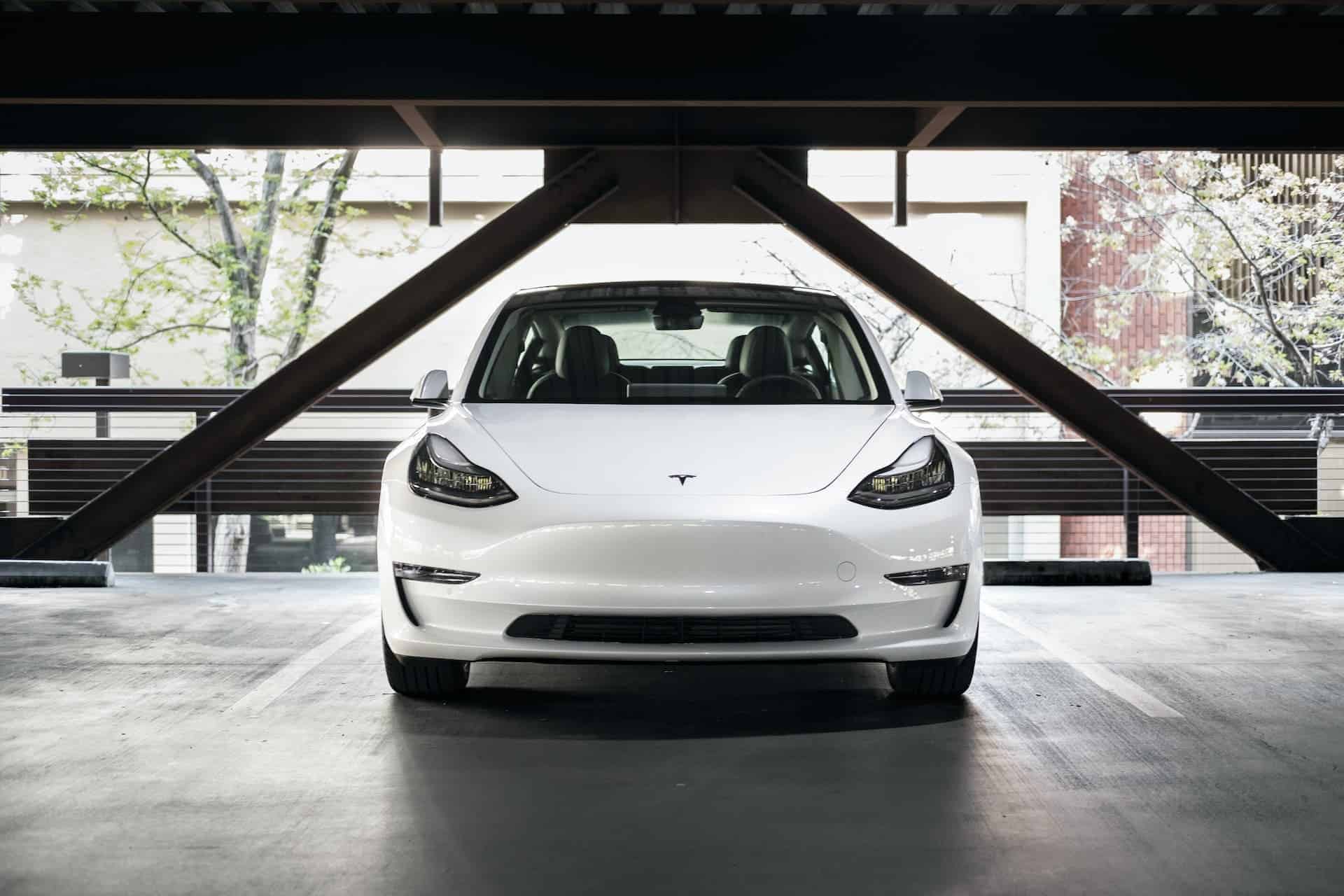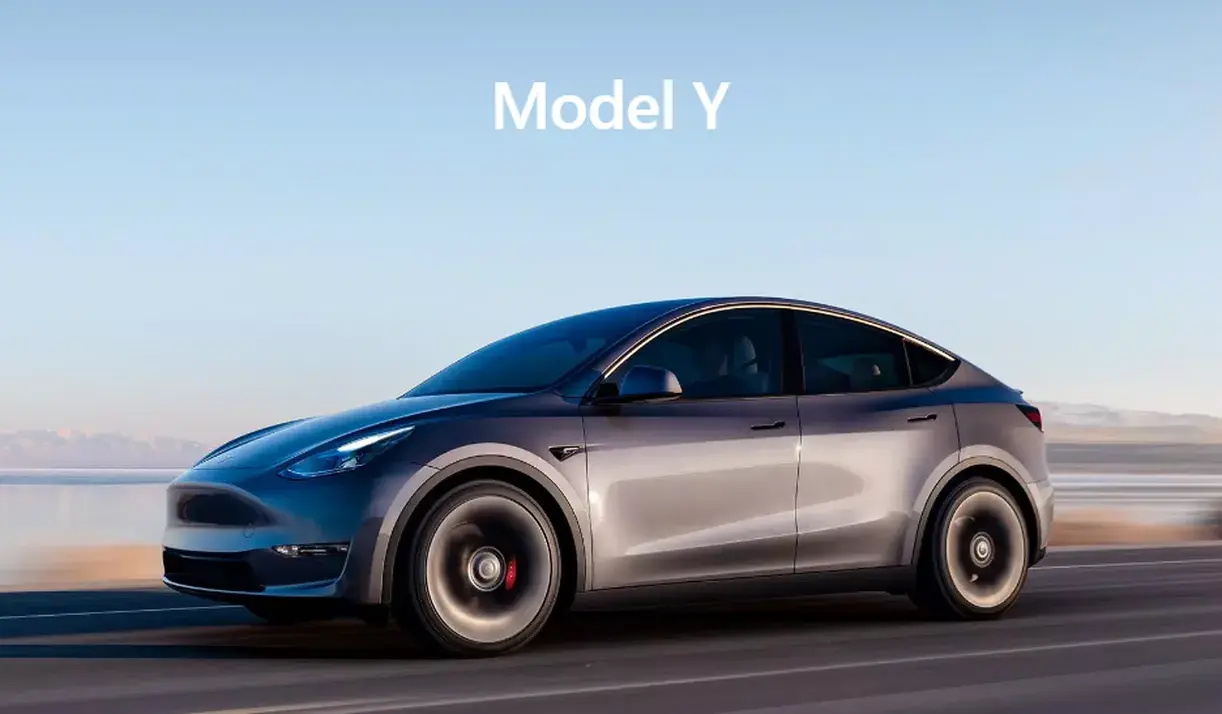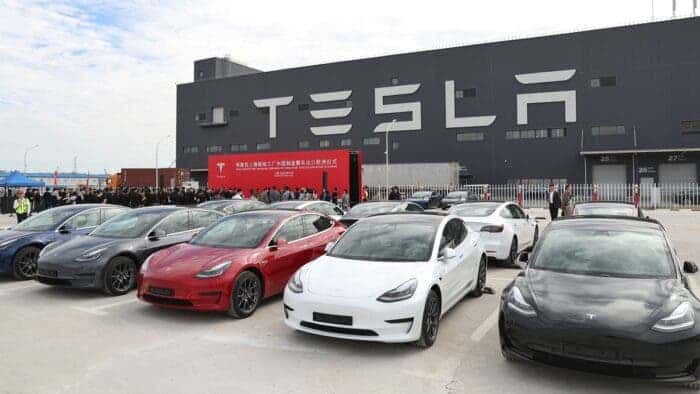It is almost impossible to separate the government from tech advancement. This is because any new tech that is to enter the market must go through government approvals. This is what Tesla is currently facing in the Indian region. Tesla has been in touch with the Indian government over its plan to build a local factory in India. According to Tesla, when the project is ready, it will produce cheap electric cars for local sales and exports. Inside EVs reports that the cheapest Tesla car at the moment is the Model 3 Rear-Wheel Drive. The starting price of this car at the moment is $42,990. However, Reuters reports that when the Indian factory is ready, Tesla will produce cars worth $24,000. Nevertheless, the Indian government has its request.

Tesla told the Indian government that it wants its Chinese partners to supply relevant parts for the cars. However, the Indian government’s request is that Tesla’s Chinese supplier must partner with an Indian brand.
Why did the Indian government make this request?
CNN reports that the Narendra Modi government is determined to tame Chinese brands who now rule the tech space in India. Quartz also reports that Chinese companies like Oppo, Vivo, and Xiaomi have been asked to find local Indian partners if they want to stay in the Indian market. Modi said that this is a new standard that India wants to set. In an interview, Modi said that India can not sit back and watch Chinese brands take over the Indian tech space. Thus, the request for Tesla’s Chinese suppliers to partner with Indian brands is not specific to Tesla. Other Chinese brands in India are doing the same thing.
Modi claims that this request is for the betterment of Indians as they will have access to more jobs and a better livelihood. However, Abishur Prakash, a geopolitical futurist and co-founder of Center for Innovating the Future, a consulting firm that works on technology and geopolitics does not think the same. He claims that India is trying to push out Chinese tech firms with this requirement. Prakash said
“As India pushes out Chinese tech, a chaotic business landscape is emerging. Now, everything that Chinese tech firms have bet on to succeed in the Indian market is being picked apart,”
A BBC report claims that Tesla is all set to enter the Indian EV market. It only has to meet up with a few government policies. Thus, Tesla is facing very little or no challenge in entering the Indian EV market. It only has to satisfy the policies of the Indian government.
Tesla will have to search for possible partners for electric cars part
If Tesla aims to build a factory in India and produce cheap electric cars, Chinese brands of EV parts could play a vital role. According to Al Jazeera, India has a few local suppliers for major electric parts like batteries. However, Reuters claims that most of India’s electric car parts are imported from China. Even India’s leading electric car brand, Tata Motors, imports batteries from China. Nevertheless, Tesla will have to find local brands to partner.
According to three Indian officials who were present at the meeting, Tesla executives expressed their desire for certain suppliers from China to build a local base in India. The aim of this is to ensure that the supply chain is smooth and there is no need to import. However, Indian officials said Tesla can take a cue from Apple and allow Chinese brands to team up with local brands in India. This would enable Tesla’s Chinese brands to enter the Indian market by forming joint ventures with Indian brands.
Apple currently has a fast – growing local supply chain in India with the likes of Foxconn, which assembles iPhones. Reuters claims a source said India is approving a joint venture of brands between Chinese and Indian brands. The source claims that the government is dealing with the request case by case and it has been on it in recent months. Another source with direct knowledge of Tesla’s talks in India said Tesla was looking for a supply chain partner for the Indian factory. An Indian official said that for Tesla, a joint venture between a local company and a Chinese brand is feasible.
“Tesla has been asking for a separate ecosystem for their suppliers…if there is a local Indian joint venture partner, it can be approved on a case-by-case basis,” the Indian official said.

Indian brands that are available for Tesla to partner with
With Tesla’s entry into the Indian market, there are a few Indian brands that the company could partner with. Here are some Indian brands that Tesla could partner with:
Tata Motors
Tata Motors is India’s largest car brand and has a huge presence in the electric car market. The company has already partnered with several global car makers, including Jaguar Land Rover. Also, it has a strong network of suppliers across India. Tata Motors could be an ideal partner for Tesla and it could use Tata’s supply chain in the Indian market.
Mahindra Electric (ME)
Mahindra Electric is a subsidiary of Mahindra & Mahindra, one of India’s largest conglomerates. The company has been making electric cars in India since 2013 and has a range of electric cars. Mahindra Electric has also developed a network of charging stations across India, which could be useful for Tesla’s entry into the Indian market.
Hero Electric
Hero Electric is one of India’s leading electric two-wheeler brands and has a range of electric scooters and bikes. The company has a strong supply network across India and could be a good partner for Tesla to expand its reach in the Indian market.
Amara Raja Battery
Amara Raja Battery is one of India’s largest battery brands. This company supplies batteries to several global car makers. The company also has a strong focus on R&D and has been developing Li-ion batteries for electric cars. Amara Raja Battery could be an ideal partner for Tesla to source batteries for its electric cars in India.
Final Words
By taking a cue from Apple and linking with local Indian brands, Tesla can make a way in India and succeed. Nikkei Asia reports that India is a large and growing market for electric cars, and Tesla’s entry into the market could help to boost the use of electric cars in the country. Reuters stated that if Tesla partners with local brands in India, it could reduce costs and boost efficiency. This could help the company to offer decent pricing for its cars in India.
India has asked Tesla to follow Apple’s example in finding local firms to partner with on any plan to build a supply chain plant in India. In addition to lower costs, the deal with local brands will give Tesla easier access to local markets. This is what Apple has been doing in India and it has been working for the company.
Pros and cons of a joint venture between Indian and Chinese brands to supply Tesla’s EV parts
For readers who may want to know the pros and cons of Indian and Chinese brands collaborating to supply Tesla, here are some possible pros and cons.
Cons
1. Since the venture will be between brands from two nations, the government of both nations will have to approve the deal. This brings in a political arm to the deal which could be a bottleneck as we have seen in recent times.
2. China and India have different cultures and languages. Thus, they may be an issue in communication and this could affect the flow of agreement between brands.
3. If Indian and Chinese brands will have to be partners, this means that they have to share knowledge, tech and even their intellectual property. This can be a huge issue because both brands will have to ensure that there is equity and fairness. Also, China and India have different legal frameworks and this could make it even more difficult.
4. The brands will have to ensure that their partners meet certain standards before they can agree on a deal. This could be a huge issue mostly if one of the brands has a very high standard.
Pros
1. Chinese and Indian brands can bring their respective expertise, technologies, and resources to the joint venture. This collaboration can lead to knowledge sharing, innovation, and cost efficiencies which will boost innovation.
2. By forming joint ventures, Chinese and Indian brands can expand their market reach and tap into new opportunities. The partnership can help both parties gain access to Tesla’s factory in India and leverage its brand recognition and market presence.
3. Joint ventures allow companies to diversify their operations and reduce reliance on single sources. By collaborating with partners from different countries, brands can mitigate geopolitical risks and minimize over-reliance on specific markets or suppliers.
4. The Indian government has been actively promoting the electric vehicle industry and offering incentives to attract foreign investment. Joint ventures between Chinese and Indian brands may be eligible for government support, subsidies, and tax benefits, which can enhance the viability and profitability of the partnership.
Indian EV market
India’s electric vehicle (EV) market is growing, with the government launching schemes and incentives to promote electric mobility in the country. However, CNBC claims that the EV space in India is still at a nascent stage. IEA believes that the country offers the world’s largest untapped market, especially in the two-wheeler segment, and 100% foreign direct investment is allowed in this sector under the automatic route. Indian Briefing projects that by 2030, the EV industry is set to create 10 million direct jobs and 50 million indirect jobs. Tesla has probably read about the huge potential of India in the EV space and being a world leader in the EV market, Tesla will have a lot to offer.
Extra Notes
The article clearly states that the partnership is for Tesla’s Chinese supply chain. How does this work? Any Chinese company that supplies Tesla can not just set up their plant in India. They have to collaborate with an Indian company. This is how it will work and it is the request of the Indian government. The Indian government’s requirement is VERY CLEAR, SHORT AND CONCISE. Thus, it does not need any more specific information or interpretation.
The article also makes it clear that Tesla wants its Chinese suppliers to build a local base in India so as to make it easier to get the components that it needs to build cheap cars in India. This article does not need to discuss the implications of Tesla’s entry into the Indian market or the issues it will face. The focus of the article is on the Indian government’s request to Tesla with regard to its Chinese suppliers. Thus, discussing the implication of Tesla’s entry into the Indian market, how it affects the local EV industry or the issues that Tesla may face when trying to sell cheaper cars is a huge deviation from the focus of the article.





